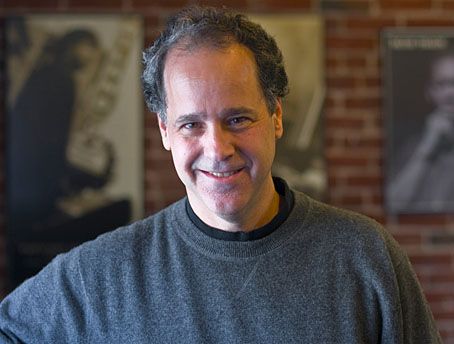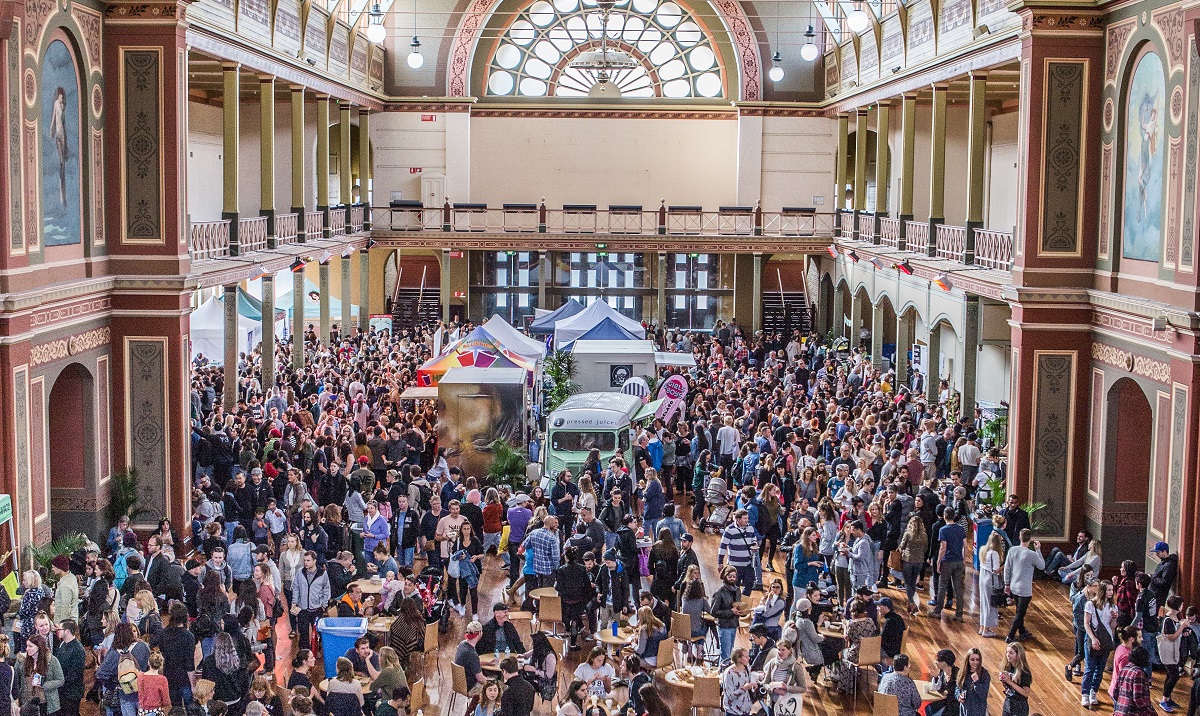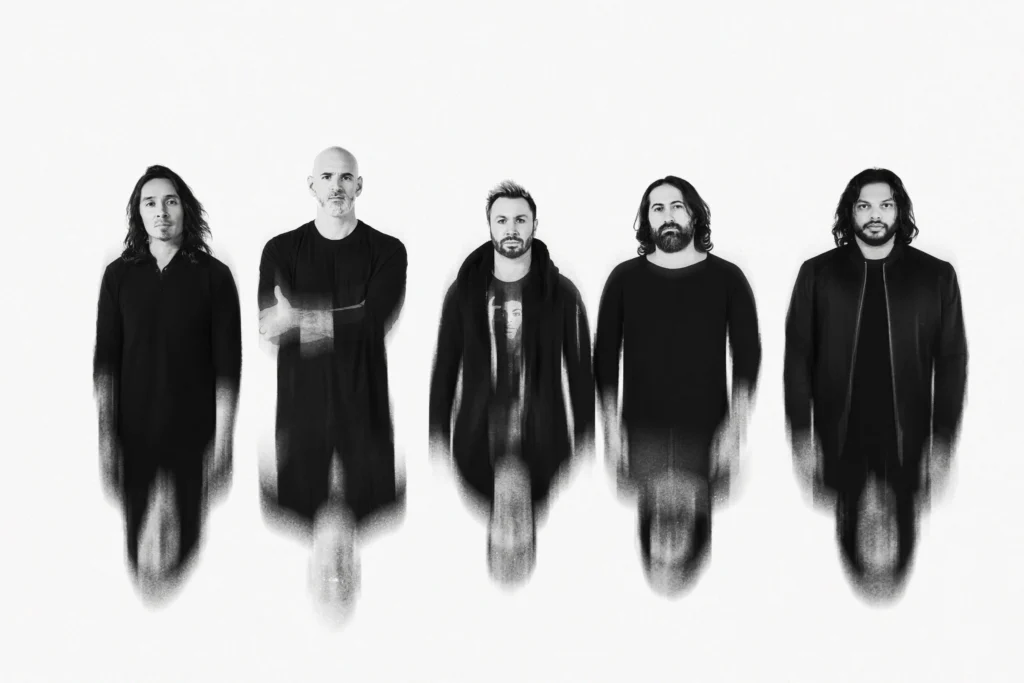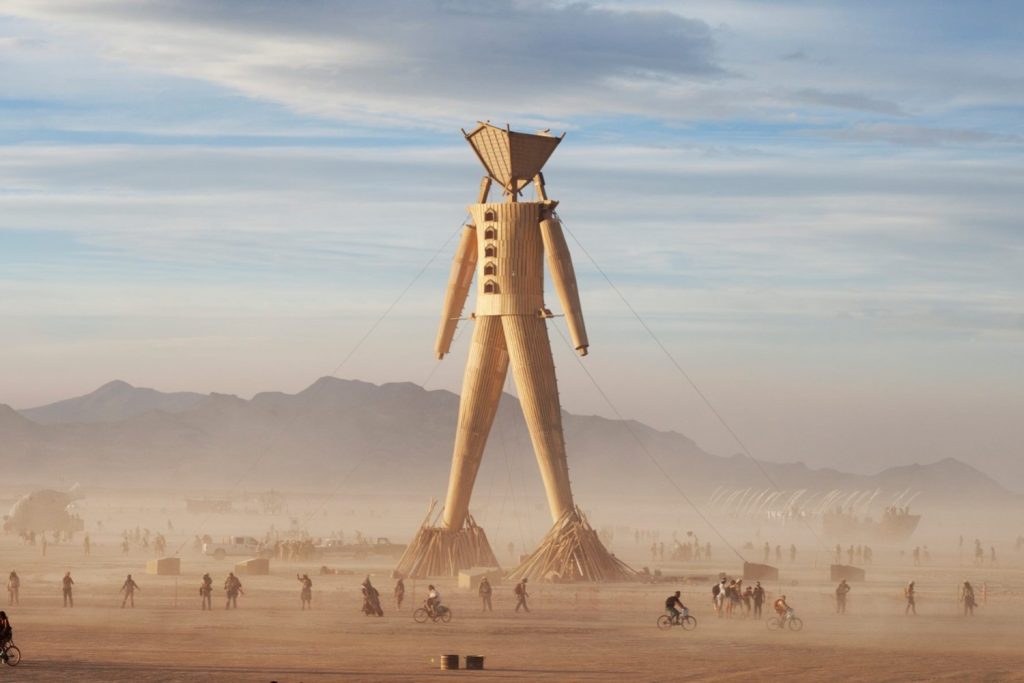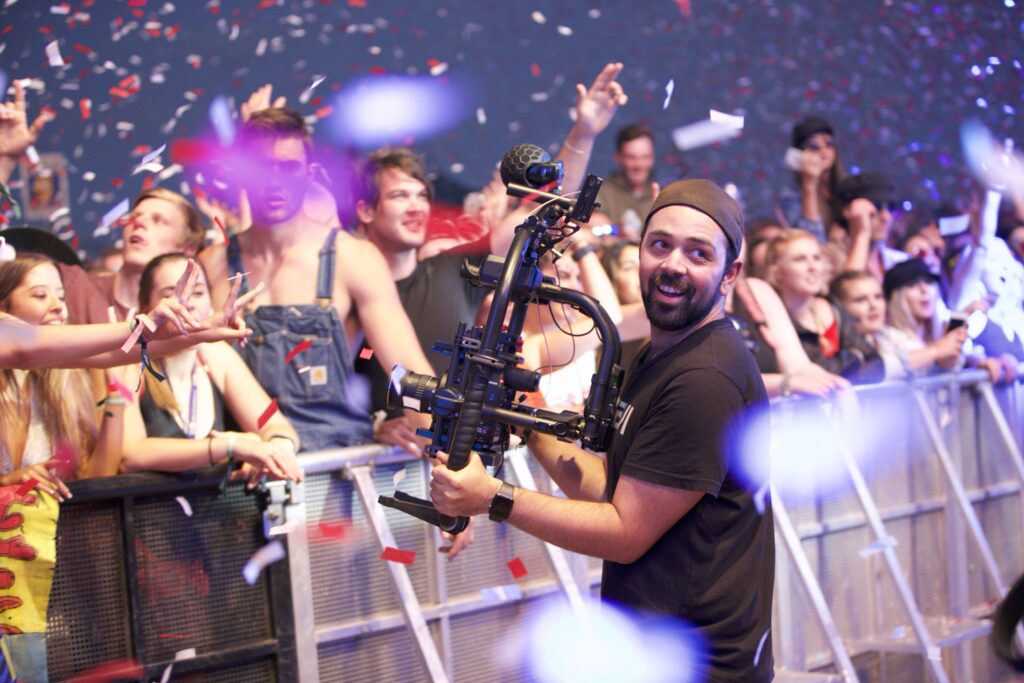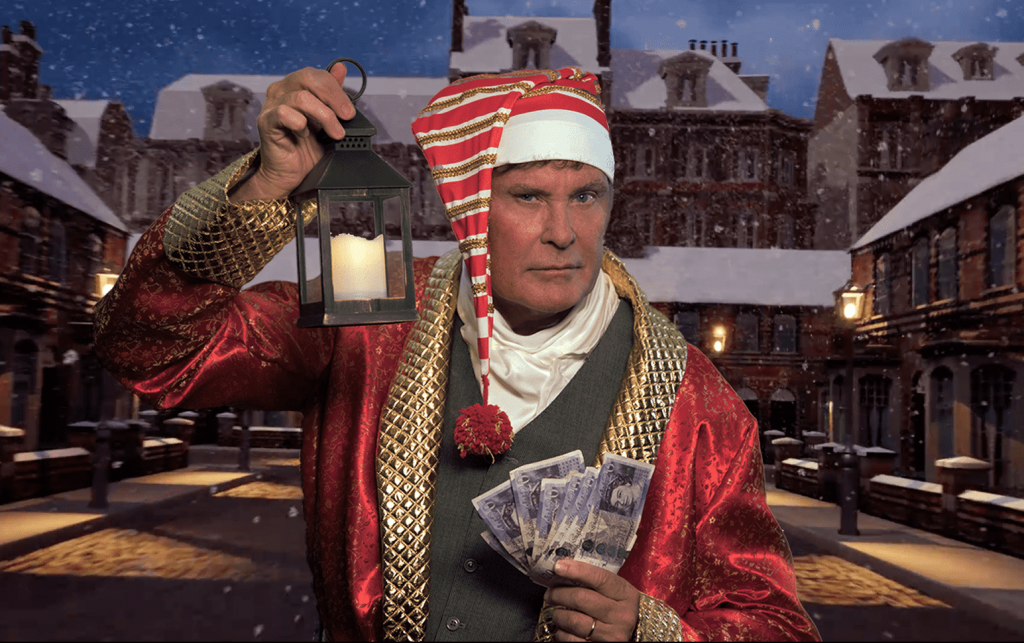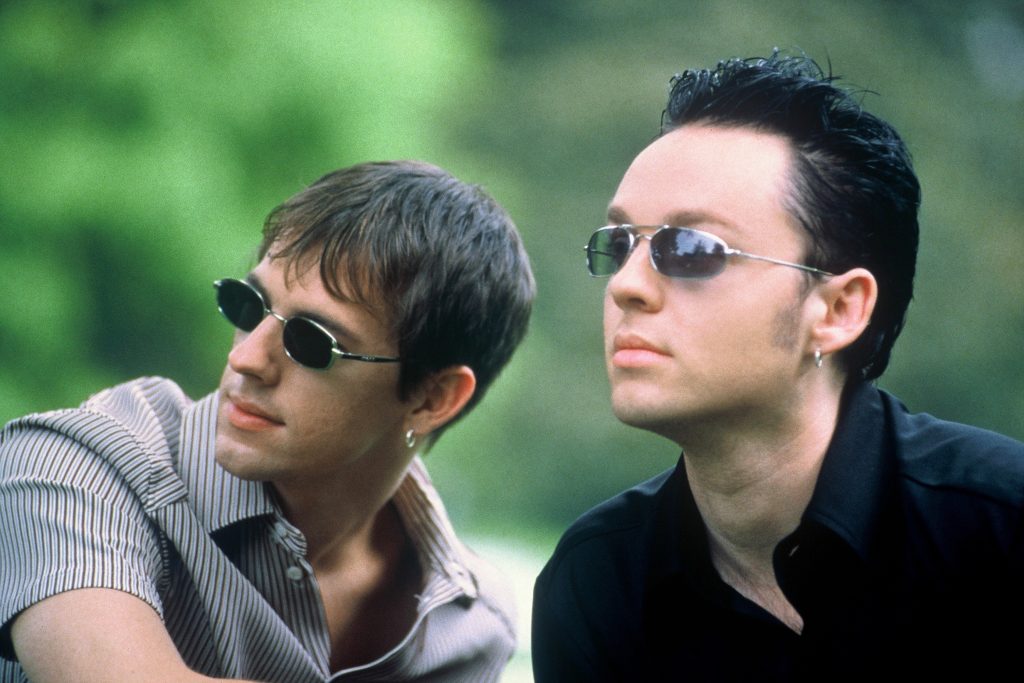Jazz originated as an intoxicatingly unpredictable and expressive art form, but some purists have let their dedication to its past overshadow the movements’ central tenet: innovation. Don Lucoff, international ambassador for the 2018 Stonnington Jazz Festival, has devoted his life to championing the trail-blazers keeping the jazz mission alive.
For many, the idea of delving into the history of jazz is akin to the pristine copy of Ulysses haunting their bookshelf; you’re certain you’d be interested in its well-lauded pages someday, but have no clue where to start.
“Different people access jazz at different points in their life, depending on what their experience is. A jazz sensibility from rock players laid the foundation for where I am today,” Lucoff says.
As a young drummer growing up in the ‘60s, Lucoff was stuck in a mire with his playing – rock rhythms were too dull for his hyperactive fingers. At age 14 he spent a fateful day at his neighbour’s house, catching the meteoric post-bop drumming of Tony Williams over the airwaves.
“Hearing jazz on the radio was like nothing I’d ever heard before. I realised from that point forward there was a whole different approach to playing drums, and music could sound completely different to what I’d heard.”
It was jazz’s unbridled experimentation that fascinated Lucoff most and so, with the atypical Tony Williams as his kick-off point, Lucoff slowly sought out boundary-pushers of all kinds.
“I wasn’t listening to John Coltrane out of the crib. That was an acquired taste,” Lucoff says. “I wasn’t hearing Coltrane, Mingus, or Ornette until I was ready to receive it. I caught late period Jimi Hendrix live in Los Angeles, when he was experimenting more and playing long instrumentals. Later, I heard bands like the Weather Report and Miles’ [Davis] bands of the early ‘70s, grounding my initial interest in jazz.”
Knowing his future with jazz didn’t lie in playing, Lucoff instead spread his cerebral talents over long stints with Los Angeles radio and as jazz editor of Music Connection magazine. Soon however, he reached the existential cross-roads all in the jazz industry face.
“I knew if I wanted to stay involved and see if I could make a go at it, I would have to move to New York at some point. LA was fine if you wanted to find your way in film and television, but jazz being very specific at 3-5% of the marketplace, you had to go to New York.”
It was there Lucoff found his life calling, starting his own record company DL Media in 1989. Since its inception, DL Media has represented an intergenerational roster of artists including Chick Corea, Tina Turner and recently Kamasi Washington. Lucoff’s involvement with Washington has given him a unique perspective on the recent jazz-hop revival retracing the roots of Afro-American art forms.
“A lot of those musicians that Kamasi came up with in LA didn’t feel they had to go to New York to prove themselves. Their exposure was hip hop first and foremost, even though they went through rigorous jazz programs at UCLA. People connect with it because it’s fresh like The Weather Report was – a convergence with jazz and rock, like jazz and hip hop today. I think it will get really interesting when there are more jazz artists working in the hip hop idiom, approaching it more texturally.”
Lucoff understands how innovative fusion will always contribute to jazz’s march of progress, a balanced attitude he leads within his current appointment as artistic director of the revered Portland Jazz Festival.
“When you can program established, emerging and legacy artists in one festival and people see the direct connection between the lineage of these, you have succeeded in programming that festival.”
Ahead of his keynote address across the world for the Stonnington Jazz Festival, Lucoff has deliberately kept himself artistically blindfolded, hoping to reinvoke his Tony Williams moment decades on.
“I think it’s great that Stonnington Jazz focuses on local artists. When I go to festivals, I always try to seek out artists I have no knowledge of. I’m hoping to hear a lot of kinds of jazz, not mainstream jazz. Australia is not close to much geographically, so I’m interested to hear what influences permeate it.”
